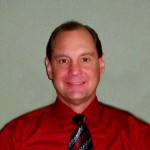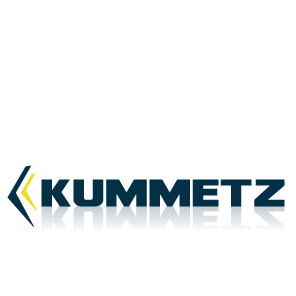 Think about this, if two managers are equally good with their skills but only one is a team player, who will the boss hire or promote? The answer is obvious. Employers do not only want professional expertise and experience in their employees, they are also looking for other qualities: character traits for building rapports with customer and co-workers, interpersonal skills and communication skills.
Think about this, if two managers are equally good with their skills but only one is a team player, who will the boss hire or promote? The answer is obvious. Employers do not only want professional expertise and experience in their employees, they are also looking for other qualities: character traits for building rapports with customer and co-workers, interpersonal skills and communication skills.
Here are tips to using professional expertise and great leadership qualities to create a productive working environment.
Offer challenging, interesting work
Give your employees work that will challenge them and keep them busy. It will raise their self-esteem because they understand that you have faith in them. When employees stay involved in challenging and interesting work, they become more passionate and enjoy their work more. [Read more…]

